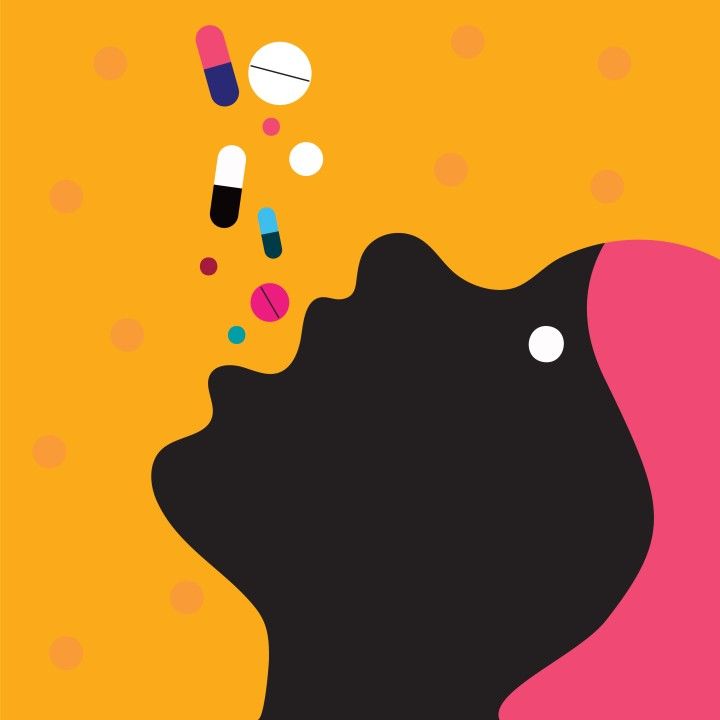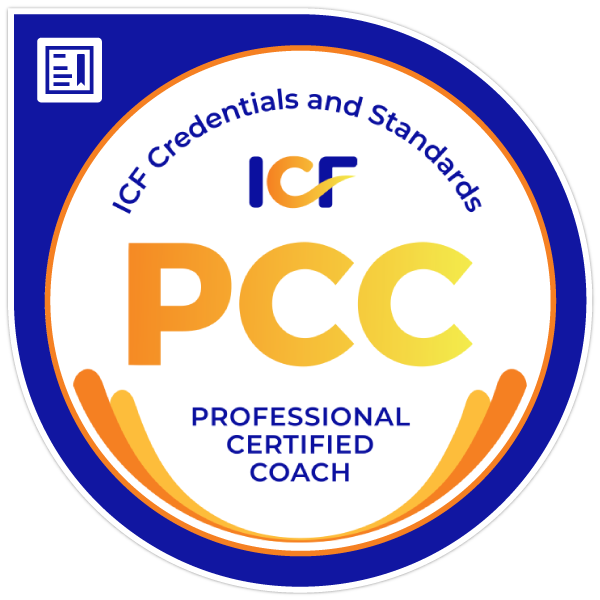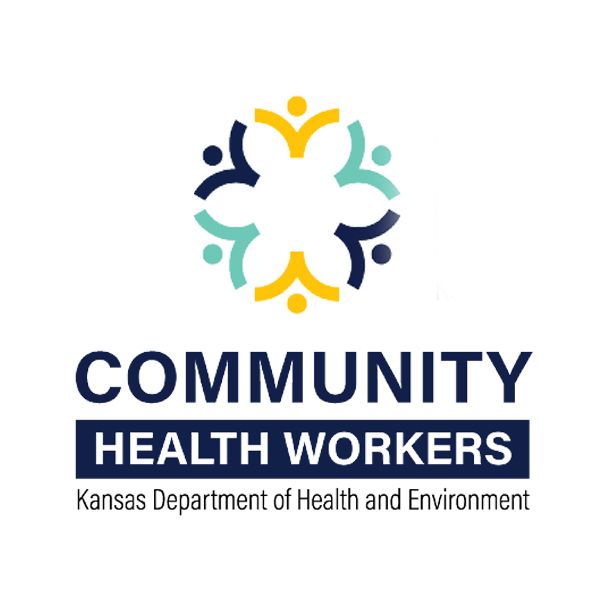Does Every Feeling Need Medication? The Dangers of Over-Prescribing Medication for Common Emotional Experiences

In an era driven by pharmaceutical advancements, concerns are growing regarding the excessive prescribing of medication to address ordinary emotional experiences. While medication plays a vital role in treating clinical disorders, it is essential to question whether every human emotion requires pharmacological intervention. This article explores the notion that feelings, such as sadness and loss following a breakup, are natural processes that individuals need to work through, rather than relying solely on medication.
The Prevalence of Over-Prescribing
The medical community faces increasing pressure to prescribe medications for emotional distress. Society's desire for instant relief and quick-fix solutions has contributed to the over-prescribing of medications for feelings that are a part of the normal human experience. Consequently, people are becoming overly dependent on pharmaceuticals to cope with life's inevitable challenges.
The Breakup Experience: Sadness and Loss
Breakups, a common occurrence in romantic relationships, often evoke emotions of sadness and loss. These feelings are normal reactions to the termination of a significant relationship. While the pain may be intense, it is crucial to acknowledge that experiencing these emotions is a necessary part of the healing process.
By numbing or suppressing these emotions with medication, individuals may inadvertently impede their personal growth. Rather than confronting and processing their feelings, they risk prolonging the healing process and missing out on opportunities for self-reflection and self-discovery.
Instances of Medication Over-Reliance
Unfortunately, the over-reliance on medication for ordinary emotional experiences extends beyond the breakup scenario. Instances where medication is frequently prescribed instead of addressing underlying feelings include:
- Stress and Anxiety: In a society plagued by stress and anxiety, individuals are often prescribed medication as a first-line treatment, without fully exploring the root causes or considering alternative interventions. While medication can provide temporary relief, it does not address the underlying issues contributing to the distress.
- Bereavement: The loss of a loved one is a deeply emotional experience that naturally involves grief and sorrow. While it is essential to seek support during such times, relying solely on medication to suppress these emotions may hinder the healing process and impede the necessary mourning and acceptance.
- Work-related Burnout: As work demands increase, many individuals face burnout, experiencing exhaustion, cynicism, and reduced efficacy. While medication may temporarily alleviate the symptoms, it does not address the systemic issues contributing to burnout. Lifestyle adjustments, self-care, and creating healthier work environments are more sustainable solutions.
The Importance of Therapy, Coaching, and Support
Instead of resorting to medication alone, individuals experiencing emotional distress can benefit from therapy and support systems. Mental health professionals offer guidance in navigating complex emotions, providing coping strategies, and facilitating personal growth. Through therapy and coaching individuals can develop effective tools to manage their emotions, fostering long-term resilience and emotional well-being.
Exploring Alternative Approaches
Beyond therapy and coaching, various alternative approaches can complement the healing process. Engaging in physical exercise, maintaining a healthy lifestyle, practicing mindfulness or meditation, and nurturing meaningful relationships can all contribute to emotional well-being. These self-care practices empower individuals, enabling them to actively navigate their emotional journey.
Let's Consider
While medication undoubtedly plays a crucial role in addressing clinical disorders, the reflexive tendency to prescribe medication for every emotional experience warrants careful consideration. The breakup experience, characterized by sadness and loss, is a natural process that fosters personal growth. By embracing these emotions and seeking appropriate support, individuals can develop emotional resilience and overcome distress holistically.
Promoting a shift away from over-prescribing and emphasizing therapy, coaching, self-care, and personal growth will foster a society that prioritizes emotional well-being. It is imperative to reevaluate our approach to emotional distress, acknowledging that not every feeling necessitates medication. Sometimes, what we genuinely need is the courage to face and grow from life's inevitable challenges.









